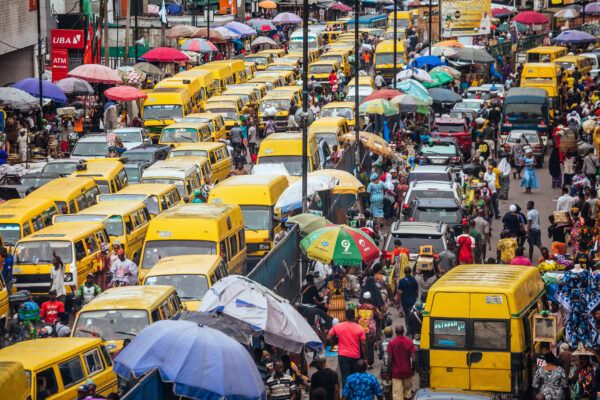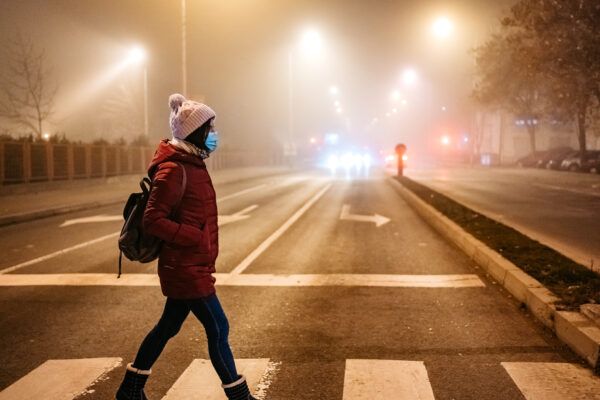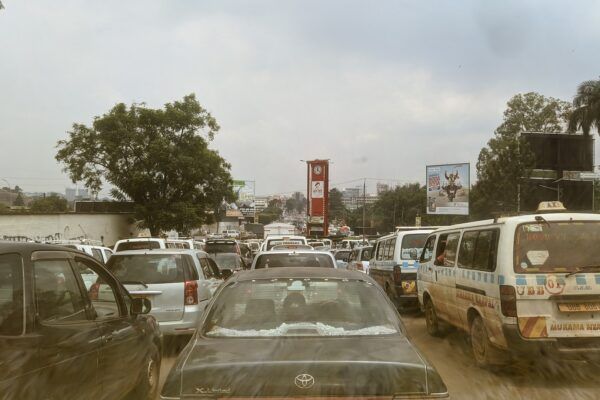For clean air advocates, COP27 has achieved an important step forward. Countries from the global south put loss and damage at the heart of their agenda. It’s encouraging that leaders agreed to create a new fund to provide financial assistance to low-income countries hit by climate disasters in the next 30 years. While the details of this fund are still be to determined, the agreement reached at the 11th hour is a reminder of the importance of COP27 as a forum for governments to address some of the most critical climate challenges.
However, we are disappointed that world leaders missed an opportunity at COP27 to properly tackle fossil fuel use, which continues to wreak havoc on climate and human health. Furthermore, we are concerned that the impact on human health of climate and related issues such as air pollution, are still not sufficiently recognised by policy makers. Not only will continued fossil fuel use increase the toll of loss and damage, but this weak approach will not deliver what is needed to save lives from air pollution and the health impacts of climate change.
There were a host of events and discussions on air quality in Sharm El-Sheikh. However, once again, there were no references to the importance of tackling air pollution in the final negotiated text. This is disappointing because air pollution is one of the biggest threats to human health, climate, and the environment. It is the second leading cause of deaths from noncommunicable diseases after smoking. Every year, 7 million people die as a result of air pollution.
As leaders return home and the work for COP28 gets started, we need a stronger focus on air quality in national action plans and climate negotiations. We are calling for world leaders to:
- Take more action to limit fossil fuel combustion to meet the Paris target of limiting climate change to 1.5C. Creating win-win measures for climate and health could prevent 3.5-5 million premature deaths from air pollution every year worldwide by 2050, compared to business-as-usual.
- Focus on the enormous health benefits of climate action at COP28 and better integrate health concerns into UNFCCC policymaking and monitoring processes, as our colleagues in the Global Health and Climate Alliance have identified.
- Significantly increase financial support for initiatives to tackle air pollution, including through Official Development Assistance (ODA) budgets. This funding needs to target underserved regions in Africa, Latin America and Asia.
African governments in particular should prioritise air pollution alongside climate change solutions and begin by reviewing high-emitting sectors like energy, transport, industrial and power production.
Read our report, From Pollution to Solution in Africa’s Cities, which highlights the case for investing in climate change and air pollution together.


